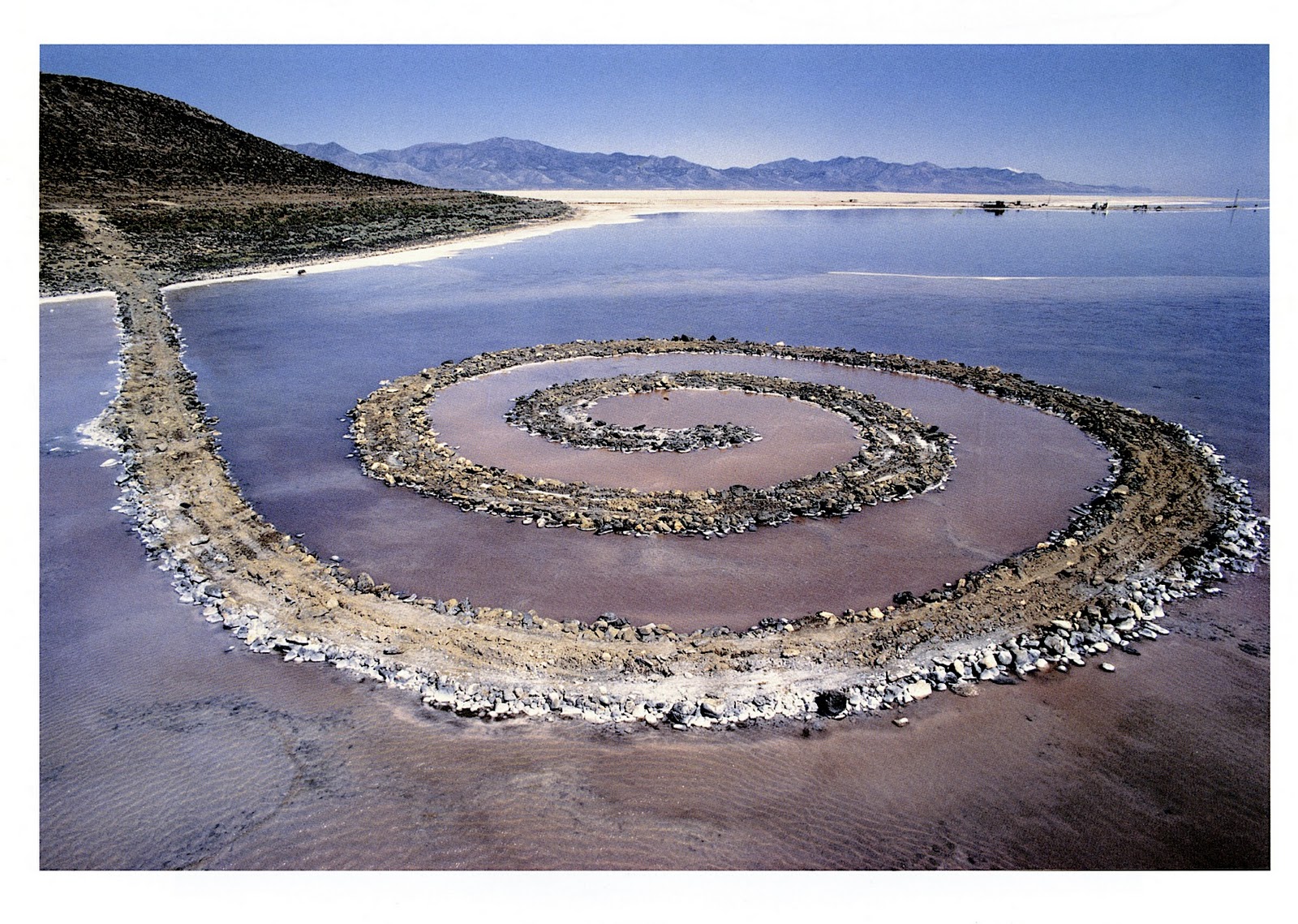HCCW: Art and Labor/Art as Labor
Julia Bryan-Wilson
Art History
UC Berkeley
This seminar, taught by Julia Bryan-Wilson, Art History, UC Berkeley, and which included an interdisciplinary group of students from Anthropology, Art Practice, History of Art, Performances Studies, and Rhetoric, considered how artists and theorists alike have understood art—making as a form of labor—as purposeful effort structured by class relations and economic imperatives. Within art history, art making is viewed as a mode of production much like any other, and as such is open for categories of analysis such as valuation, distribution, and consumption. How does this assertion stake a claim for the political relevance of art? How do theorists conceive of how art itself works—how it acts, functions, and performs? Art has been explicitly contrasted to work—the “free,” “unproductive” counterpoint to the grind of alienated wage labor. This seminar examined a range of writings that variously assert that art is labor and that it is leisure. What theoretical work does art do? And how do we make sense of starkly opposing opinions about the relationships between art, autonomy, the culture industry, and elitism? Case studies focused on art since 1960, including dematerialized conceptualism, task-based dance, feminist craft, and artistic organizing within the Occupy movement. In addition to these activities, seminar participants presented their work from the course in a culminating event.


